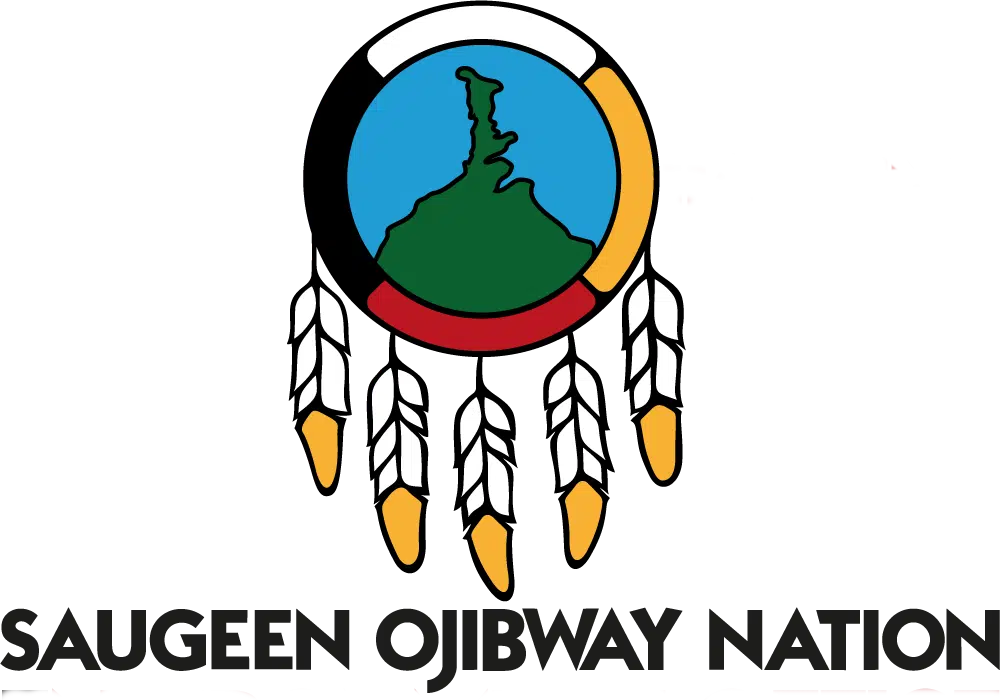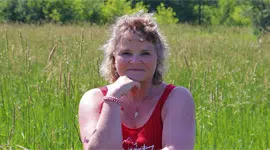The Chiefs of Saugeen Ojibway Nation are expressing appreciation about the decision by the Town of South Bruce Peninsula to forego its Canada Day fireworks this year, in light of the recent discoveries of hundreds of unmarked graves at former residential school sites in Saskatchewan and British Columbia.
Chippewas of Nawash Unceded First Nation Chief Greg Nadjiwon says he believes a lot of Canadians are feeling remorseful and respecting the fact that First Nations communities are mourning.
“I really think the emphasis should be on the word respect,” Nadjiwon says. “I take this as respect for the way us as First Nations are feeling. These are very difficult times. Every day I’m in a conversation about where people are at. I’ve seen the tears and felt the anger. It’s real.”
South Bruce Peninsula Mayor Janice Jackson says the decision to cancel the fireworks displays planned in Wiarton on July 1 and Sauble Beach on July 3 was hers alone, and not a resolution of council.
She says she has been getting a lot of support from the community, but there have also been emails from people who are disappointed and others who are quite angry about the cancellation decision.
“There are two First Nations communities surrounding our municipality, and quite honestly, they’re part of our community,” Jackson explains. “They’re our neighbours. They’re members of our community. And out of respect for them, we just couldn’t bring ourselves to have a celebration.”
“Everybody has the opportunity to celebrate with their families. I’m just saying from a municipal perspective, to put on a full blown fireworks display didn’t seem appropriate when our neighbours had horrible deaths in the family,” Jackson continues. “It’s just such a horrific tragedy. We need to be united with them. We need to support them. And we need to go through the grieving process with them.”
Chippewas of Saugeen Chief Lester Anoquot says he appreciates the fact some municipalities have decided not to hold their fireworks in recognition of the residential school survivors, but understands some people will still want to celebrate.
“Those that wish to celebrate Canada Day, which I can understand, if they would just maybe put an orange bow on their house, or outside on their porch, or even wear an orange shirt. I think if you’re celebrating Canada Day you could use that as an opportunity to also address the issues that Canada has as a history, and use that as an opportunity to help the healing that’s needed for the individuals in the larger community as a whole.”
Anoquot says he sees this as an opportunity for Canada to come together during this time to recognize the issues of residential school survivors and address those issues collectively.
“If we can take serious the issues that the residential school survivors have had to endure over the years in silence and put some meaningful resources towards the healing of the mental health and addictions that follow as a result of those childhood traumas, I believe that we can at least have an opportunity to address the healing that’s needed in a more serious committed manner from the country and federal government,” Anoquot adds.






